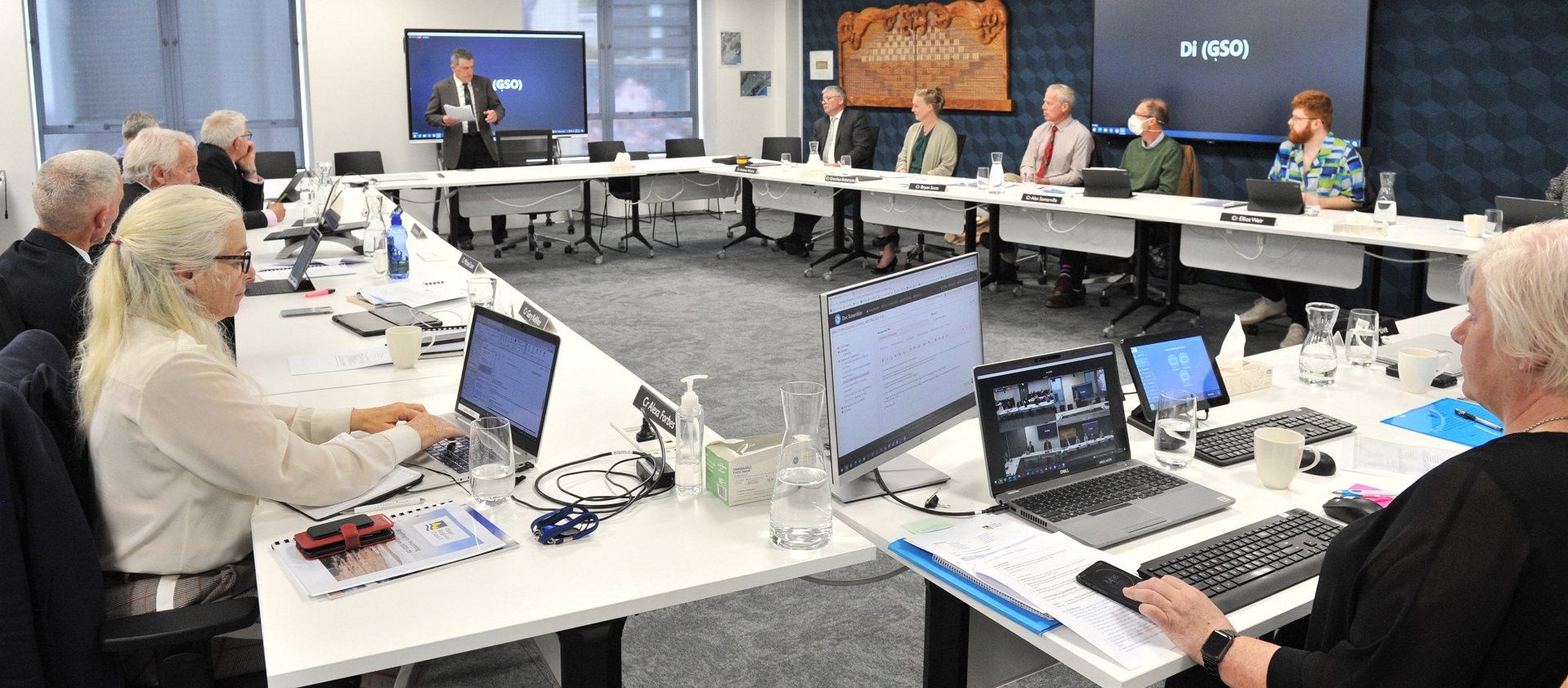

Decades ago we made a token effort by inserting a requirement to adhere to the principles of the Treaty in many of our laws. This seemed to have little effect, possibly because no-one seemed to know what it meant. The Waitangi Tribunal then determined that these principles included reciprocity, active protection, partnership, equity and equal treatment.
Recently the government has tried a variety of measures to achieve these things. In the resource management area it now requires every government department and government-funded organisation to check that local tangata whenua are happy with whatever is being done. This makes everything cost more and take longer. While it looks like iwi are given a partnership status, in the end they can be overruled, leaving no clear understanding of how to move through a deadlock.
The Otago Regional Council is attempting to work through these issues by having staff and Ngāi Tahu work out what is recommended and leaving the decision-makers with a take-it-or-leave-it tick-off process. This process has no clear pathway for either councillors or Ngāi Tahu to understand where to have a proper debate about the decisions being made.
The proposed water authorities have similar problems. The government has gone straight for the 50/50 there, despite the assets being ratepayer assets not natural resources. And they keep trying to soothe the people by saying it isn’t really power sharing, only Treaty obligation pigeons coming home.
The government in its recent lawmaking has tried to clarify where the Treaty sits by giving 50% influence to Māori for everything except parliamentary lawmaking.
While the government proposes that a 50% power-sharing model will be imposed on the rest of us, they have no intention of power sharing with Māori in Parliament except for those elected by electors on the Māori roll. Nor is there any suggestion that the government would share 50/50 with Māori.
Rewriting the science curriculum to make our usual words around science lose their meaning is also awkward. Presently we are losing out internationally in our teaching of and encouraging the learning of science. Introducing Māori concepts (mātauranga) must have seemed useful. However when our leading teachers of science are confused about what the curriculum is and what they are supposed to do with it, carrying out this new curriculum is likely to be a shambles. That only Māori can speak for what mātauranga are does not help.
In the health arena, there is now a Māori Health Authority, which is presumably intended to encourage equal treatment for Māori. But in the end this authority has no responsibility or accountability for improving outcomes for Māori. Targeting Māori in health provision also has the potential to disadvantage others on the basis of race: the recently departed race relations commissioner says he will now champion the case for giving Asians a higher priority for breast cancer provision.
The present approach to providing equal treatment in New Zealand, as the Waitangi Tribunal says we must under the Treaty, has not worked so far.
Arguably it has increased racist attitudes. For example, rural people with double the mortality rates of those in urban areas surely must feel that having a race-based system of choosing who to prioritise is unfair.
If we were clearly closing the gaps between Māori and others this may be acceptable, in the way positive discrimination may have helped women on the road to equal opportunities.
But we don’t seem to be achieving anything with these policies. And the costs have been enormous. The ORC may be spending somewhere near a million dollars on consultation with Māori. Extrapolating this around New Zealand suggests that there have been huge costs to this approach.
Maybe there is a fundamental issue here. Governments have generally around the world tried to run their systems separating out church (belief based systems) and state. We are trying to weave such systems back together.
There is a way which may work.
We could try to achieve equal treatment by providing seats around decision-making tables for elected Māori as we do in Parliament. We could use the Māori roll as a basis for local elections as well. That approach would ensure Māori always have their contributions heard. And provide a way to allow input without creating a situation where one party can insist on their position without needing to convince a majority of their fellow decision-makers.
Endless reports and optimistic press releases with dubious veracity will not sort these problems. We need actual plans with some realism about how these will translate to actions towards reducing inequities without increasing racism.
- Hilary Calvert is a former Otago regional councillor, MP and DCC councillor.












